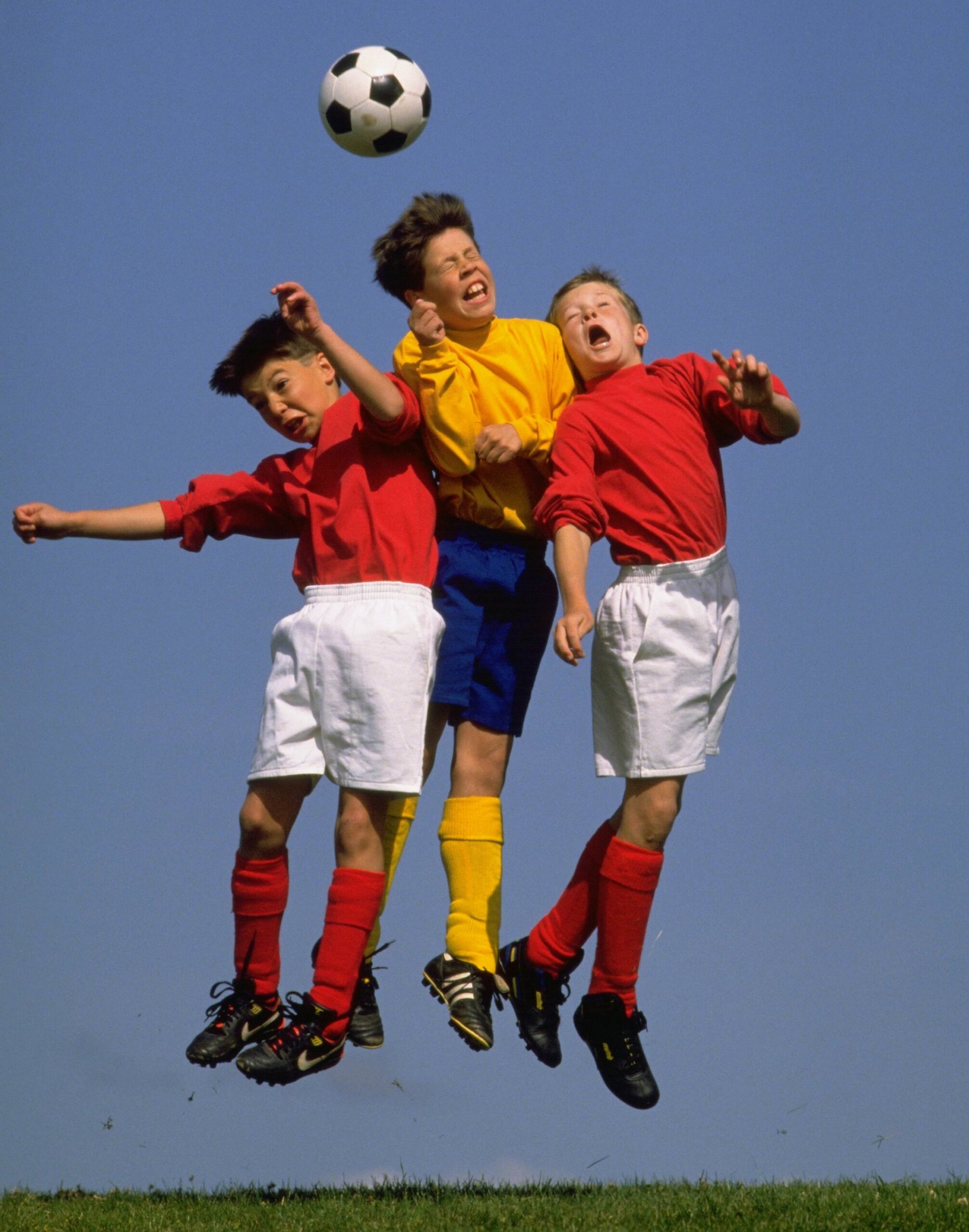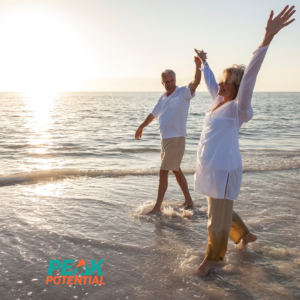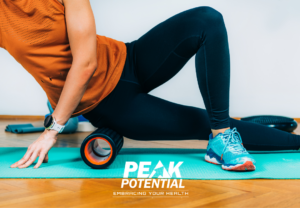
If you are a parent of a youth athlete, it’s critical that you know the signs, symptoms, and recovery strategies for concussion.
Before you think, “this isn’t for me” . . . consider that concussions don’t only occur on the football field, but are prevalent in soccer, basketball, cheerleading, and even on the playground.
A concussion is caused by a trauma or jolt to the head. This blow can be from a ball, another piece of equipment, another child, the dashboard of a car, or even hitting the ground. The result is physical damage to and chemical imbalance in the brain.
A concussion is more than a headache. Some other symptoms include:
- Dizziness or nausea
- Balance problems
- Confusion
- Blurry or double vision
- Changes in memory or concentration
- Irritability or mood changes
- Sensitivity to lights or noises
If a concussion is suspected, don’t wait for someone else to make a decision about your child’s ability to play. If you are present, remove your child from the athletic activity immediately and seek appropriate medical attention. This can be consulting a staff athletic trainer, heading to an urgent care facility, hospital emergency room, or even calling an ambulance if necessary when no trained medical staff is available.
That may sound extreme for a little bump to the head, but your child’s developing brain is more important than any sports game. The big issue here is ruling out a more serious injury such as bleeding in the head or bruising of the brain. In addition, the better medical attention they receive, the more likely they will be able to recover and quickly return to playing.
As a parent there are a few things you can do to get your child safely and quickly back to enjoying friends, school, and extracurricular activities.
Here are 4 tips to Optimize Concussion Recovery:
- Brain Rest – A period of rest allows the brain to heal. This includes limiting physical activity, mental tasks, and use of electric devices.
- Rest the Body – Your brain heals and recovers most when we are sleeping. Be sure your child gets enough rest at night and even a nap during the day for awhile. Short periods of guided meditation can allow the body and mind to rest as well.
- Reduce Eye Strain – This can improve headaches, dizziness, nausea, and brain recovery. Strain can be reduced by dimming lights, wearing sunglasses, and avoiding computer screens and handheld devices.
- Cautious Exertion – Restoring muscle strength and physical endurance is important, but to do so safely. We want to avoid activities that make symptoms worse or risk another head trauma. Many athletes will experience exercise intolerance post concussion. A gradual, monitored return to play is critical.
Most concussions and related symptoms will resolve in 7-10 days. However an estimated 10-20% will continue beyond this time frame without appropriate intervention. A specialist sports physical therapist can address lingering issues such as headache, neck pain, dizziness, or changes in agility or coordination.
We can “dose” return to activity and play in a safe and strategic manner that will allow an active recovery. In addition, as doctoral trained therapists, we can identify “red flags” that will require referral to orthopedists, neurologists, child psychologists, or speech pathologists.
The take home point here . . . take concussion seriously! However, don’t live in fear. Know that their are healthcare professionals in the community here to answer your questions and help you optimize the recovery process.
The last thing we want is for children to be inactive due to fear or history of a concussion. Let’s keep our children moving safely so they can enjoy the benefits of exercise and sports for a lifetime. Request a call from one of our dual trained Physical Therapist/Athletic Trainers today by clicking the “Request Call” button below.




